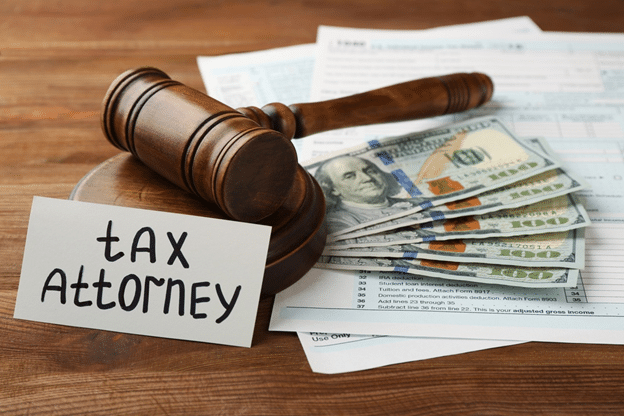Sacramento Today, California’s seniors and severely disabled people who have been affected by wildfires or other natural disasters can now transfer their original residence’s taxable value to a new residence, up to three times per lifetime, anywhere in the state. This is because of Proposition 19 and the Home Protection for Seniors Severely Disabled, Families and Victims Of Wildfire or Natural Disasters Act that California voters approved on November 3, 2020.
Antonio Vazquez, Chairman of the California State Board of Equalization, stated that seniors, severely disabled people, and those who have been affected by wildfires and natural disasters can now relocate to a new home in California. This will allow them to avoid substantial property tax increases and save money. “Property tax relief may be beneficial to those with limited incomes, or who have been affected in any way by wildfires and natural disasters.”
To be eligible, seniors over 55 years old and those with severe disabilities must meet certain requirements. Both the original and replacement residences must be eligible to receive the homeowners’ exemption or disabled veterans’ exemption. To transfer the taxable value, a County Assessor must be applied for. The replacement residence must be purchased within two years from the original sale. The replacement residence’s market value must be greater than that of the original residence. If this happens, the difference will be added as a tax to the transfer amount.
The same conditions and requirements apply to seniors who are victims of a natural disaster or wildfire, but there is no age limit. To qualify, the residence must have been substantially damaged. The damage must also be caused by a wildfire or Governor declared disaster.
The operation of Proposition 19 may be affected by pending legislation. Taxpayers are encouraged to visit the BOE Website for the most current information, additional details, resources, and answers to frequently asked questions (FAQs).
The California State Board of Equalization (BOE) is the only elected tax board in the country, and it is comprised of four Equalization District Members and the State Controller. Since 1879, the BOE’s constitutional and statutory duties include the oversight of the 58 County Assessors to ensure assessment practices are uniform and consistent statewide. In addition, the BOE directly assesses the property of regulated railroads and certain public utilities, collects the Private Railroad Car Tax, and is responsible for the Alcoholic Beverage Tax and Tax on Insurers. BOE’s critical role in property tax administration by promoting fair and equitable assessments protects the tax dollars that schools, local communities, and the State of California depend on every day.
This article was written by Alla Tenina. Alla is one of the best IRS Tax attorneys in Los Angeles California, and the founder of Tenina law. She has experience in bankruptcies, real estate planning, and complex tax matters. The information provided on this website does not, and is not intended to, constitute legal advice; instead, all information, content, and materials available on this site are for general informational purposes only. Information on this website may not constitute the most up-to-date legal or other information. This website contains links to other third-party websites. Such links are only for the convenience of the reader, user or browser; the ABA and its members do not recommend or endorse the contents of the third-party sites.

